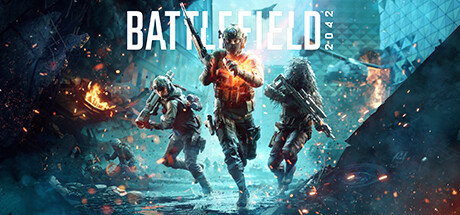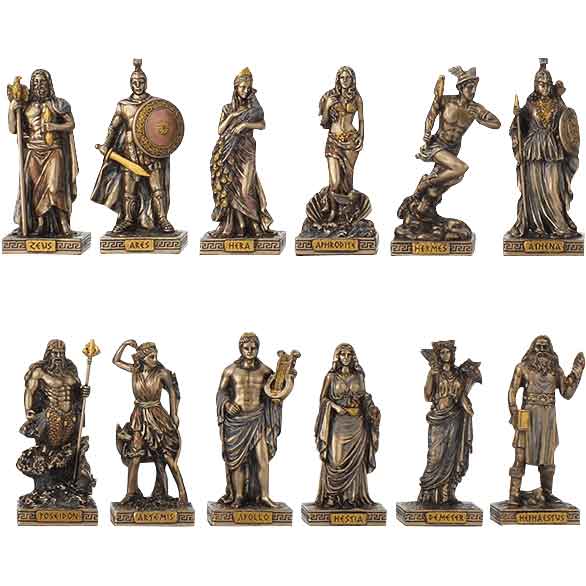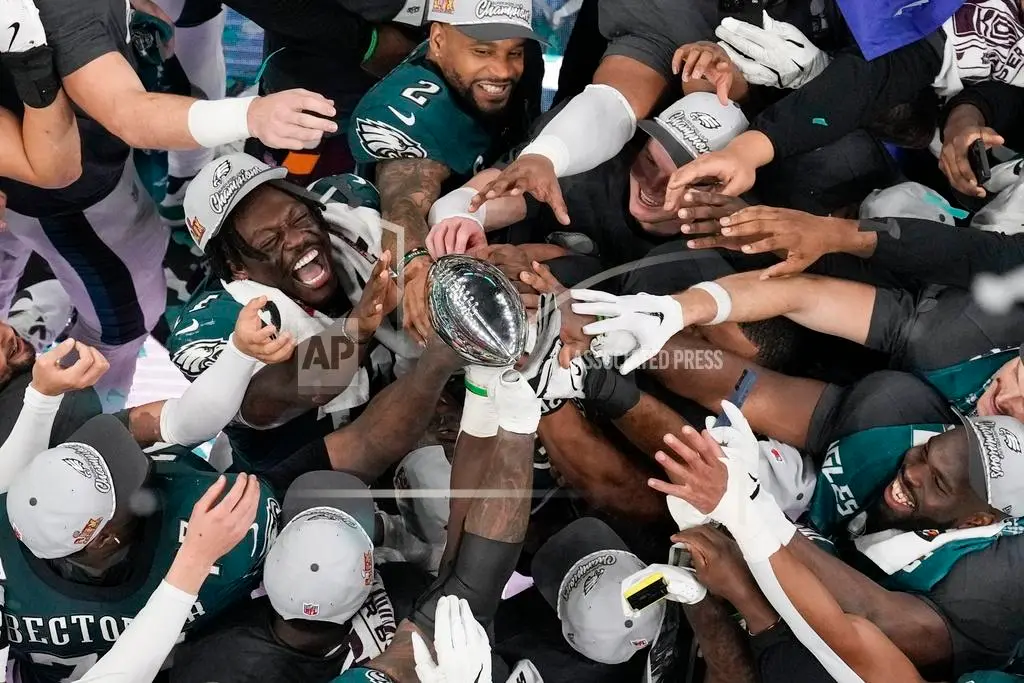In the early 2000’s, an infamous article was published. An article that sparked a question that had the nation scratching their heads. Many were trying to answer one question: Do video games cause violence? “Video Games and Aggressive Thoughts, Feelings, and Behavior in the Laboratory and in Life,” A study from that time period, seemed to have everyone scrambling for an answer. “Violent video games provide a forum for learning and practicing aggressive solutions to conflict situations,” said Dr. Anderson, someone who conducted a study on college students involving their video game habits. This article mentions games like Doom, Mortal Kombat, and Wolfenstein 3D. All could fall under the “violent” category. You’re killing demons in Doom, you’re fighting to save earth in Mortal Kombat, and in Wolfenstein you’re literally escaping a Nazi Germany prison.
In the same breath, you might be asking why I chose an article from 25 years ago. To that I say this; this is not a new debate. What sparked this debate is a personal favorite game of mine; Metal Gear. The first game came out in 1987, and the gameplay consisted of sneaking into various military bases and killing people. Pretty violent, right? Once playing the game, you’ll come to realize that the entire series actually demeans violence. That’s the issue with many “video games cause violence” arguments. People often cherry pick and choose to ignore the nuance and the deeper levels of such games because it makes them uncomfortable. “Metal Gear” is the video game that will be used as an example for messages in video games that people overlook due to their violent nature.
Aside from the game being unrealistic to the max, and completely sweeping the supernatural element under the rug, this entire game is a criticism on the corrupt nature of war around the world. “It’s something in history, violence is in our history, and this also means the military is violent.” Says Emma Smith, a student at Lodi High-School. While this obviously does not speak for every military, it should be common knowledge that video games involving the the military are full of violence and offhand-corruption. People are baffled about video games being violent, to that I say, look around you. We emulate what we see in our art, our media, so why should video games be the exception? The fact is, it’s because it hits too close to home for many people.
During another interview, the following questions were asked: “If a subject makes you uncomfortable but affects a larger group of people, would you rather not speak about it at all or stay out of the conversation?” followed by “How do you feel about violent video games in general?” The interviewee, Adam Davison, had this to say. Addressing the first question, he stated “It’s important to have these conversations, but it’s okay to be uncomfortable with them. That doesn’t mean you should try to force everyone else to shut the conversation down, but it also doesn’t mean you have to participate in them.” This response wasn’t unexpected, and it brings a mature and digestible stance to a usually brutish topic. In response to the second question, it was a much more simple answer. “I see no issue with violent video games. It’s the same kind of violence you’d find in other places.” Said Adam Davison. Ah-hah, there it was. It’s the same kind of violence you’d find in other places. Why have video games been demonized for the longest time while things like violent movies and adult shows catch many less strays.
Video games are accessible, but so are movies. Shows are seen on tv, yet we have apps like Youtube at our disposal. So why have so many people come up in arms about video games? After digging and asking around, there’s one reasonable conclusion. It’s because video games can be blunt and with their added context of subjects like issues in the military, it scares a portion of the public. Circling back to “Metal Gear”, it’s a game that focuses on hardships within families and deals with topics like violence and military corruption. These sorts of topics are hard to discuss and often make people uncomfortable, yet they have to be shown one way or another.
With the rise in the violent video game debate, there’s good points on both sides, yet one thing is clear. One’s personal opinions and or beliefs will heavily sway their opinion, so it’s important to keep this in mind while debating this topic. If there’s anything you wish to take away from this, it’s that violent video games cover topics that make people uncomfortable, so they’ll have a much more adverse reaction to any sort of information presented to them through the media.






















